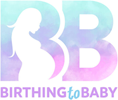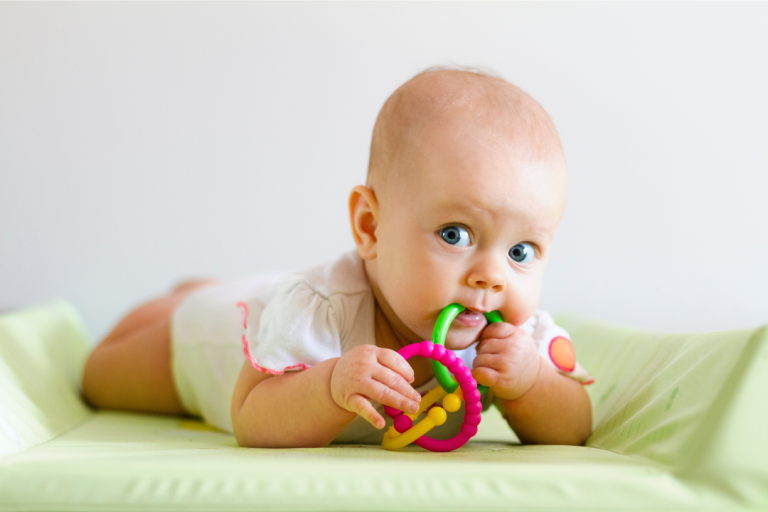The Importance of Hydration During Pregnancy

Hydration is crucial for everyone, but it becomes especially important during pregnancy. Proper hydration supports the health of both the mother and the developing baby. In this article, we will explore why hydration is vital during pregnancy, how much water you should be drinking, and practical tips to stay hydrated.
Why Hydration Matters During Pregnancy
- Supports Increased Blood Volume: During pregnancy, a woman’s blood volume increases by about 50% to supply enough blood to the growing fetus. Adequate hydration helps maintain this increased blood volume, ensuring that nutrients and oxygen are effectively delivered to the baby.
- Aids in Amniotic Fluid Production: Amniotic fluid surrounds and protects the baby in the womb. It is essential for the baby’s development, providing a cushion and aiding in the growth of the lungs and digestive system. Proper hydration ensures there is enough amniotic fluid.
- Reduces Common Pregnancy Discomforts: Dehydration can worsen pregnancy symptoms like morning sickness, constipation, and swelling. Staying well-hydrated helps keep the digestive system running smoothly, reduces the risk of urinary tract infections, and can help manage swelling in the hands and feet.
- Regulates Body Temperature: Pregnant women are more prone to overheating due to increased metabolic activity. Drinking enough water helps regulate body temperature and prevents heat-related issues, especially in warm weather or during physical activity.
- Prevents Preterm Labor: Dehydration can lead to contractions and increase the risk of preterm labor. Ensuring adequate fluid intake can help prevent premature contractions and support a full-term pregnancy.
How Much Water Should You Drink?
The general recommendation for pregnant women is to drink at least 8-10 cups (64-80 ounces) of water per day. However, individual needs may vary based on factors such as body size, activity level, and climate. It’s important to listen to your body and drink whenever you feel thirsty.
Signs of Dehydration
Recognizing the signs of dehydration is crucial to ensure you are drinking enough fluids. Symptoms of dehydration include:
- Dark yellow urine
- Dry mouth and lips
- Feeling lightheaded or dizzy
- Headaches
- Fatigue
- Decreased urine output
Tips for Staying Hydrated
- Carry a Water Bottle: Keep a water bottle with you at all times to make it easier to sip water throughout the day.
- Set Reminders: Use a phone app or set alarms to remind yourself to drink water regularly.
- Flavor Your Water: If plain water is unappealing, add slices of lemon, cucumber, or a splash of fruit juice to enhance the taste.
- Eat Water-Rich Foods: Incorporate fruits and vegetables with high water content, such as watermelon, cucumbers, and oranges, into your diet.
- Monitor Your Urine: Aim for light yellow urine, which indicates adequate hydration.
Staying well-hydrated during pregnancy is essential for the health and well-being of both the mother and the developing baby. By drinking plenty of water and being mindful of your hydration levels, you can support your body’s increased needs and help ensure a healthy pregnancy.
For more information on prenatal care and hydration tips, visit Birthing to Baby or consult with your healthcare provider.






